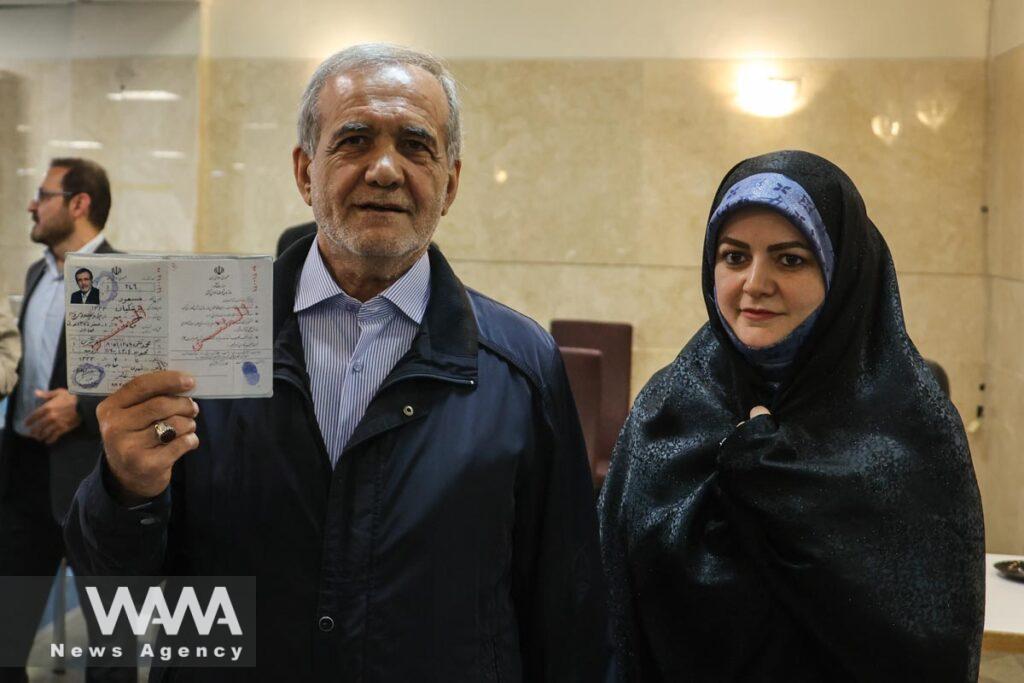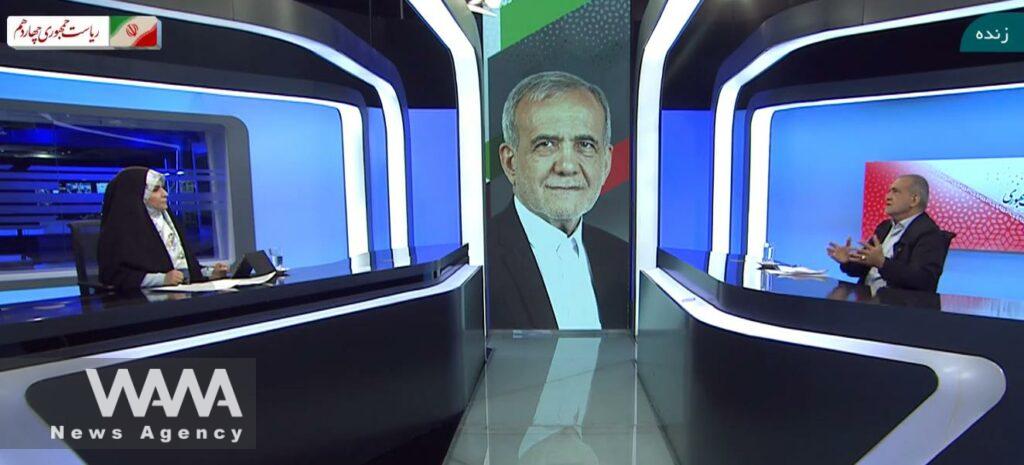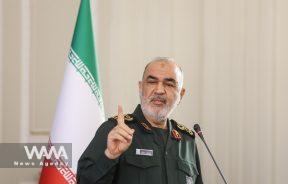Reformist Candidate Fails to Attract Audience
WANA (June 11) -Masoud Pezeshkian, the reformist candidate in the June 28, 2024, presidential election, failed to create an impact during his first television appearance last night, unable to captivate even his own supporters.
Most viewers believed that Pezeshkian did not present himself as a presidential figure, lacking a scientific and expert grasp of various topics.
During his interview with the IRIB news network, he had the opportunity to introduce novel issues and unique ideas to convince his supporters of his capability to be an acceptable president. However, his general statements and populist rhetoric disappointed a segment of his supporters.
On social media, even many of his admirers viewed him as only suitable for a parliamentary representative at best, considering him unready for the presidency given his current level of knowledge and information.
Undoubtedly, most reformists within the country expected their candidates to deliver clear and groundbreaking speeches against the regime. However, in this televised interview, Pezeshkian, while highlighting some shortcomings and criticizing the current governance methods, claimed he was not aiming for a significant shift or transformation but rather focused on correctly implementing existing programs and laws.
His religious perspective on governance also angered radical reformists and opponents of the Islamic Republic of Iran. His strong belief in Iran’s Supreme Leader, Ayatollah Khamenei, and the administration of the country based on Islamic teachings further enraged the Western-oriented factions and reformists advocating for the separation of religion and politics.

Masoud Pezeshkian registers as a candidate for the presidential election at the Interior Ministry in Tehran, Iran June 1, 2024. Majid Asgaripour/WANA (West Asia News Agency)
Since yesterday, following the Guardian Council’s approval of Masoud Pezeshkian’s candidacy, most prominent leaders of the reformist front have announced their support for him. Iranian reformists, who have faced defeats in several recent elections, now see Pezeshkian as their only hope for a return to power. Thus, Pezeshkian’s weak start in a television program has largely disappointed them.
About 11 years ago, former Iranian President Hassan Rouhani managed to inspire reformists and secure their votes through challenging and groundbreaking debates and television interviews, leading to his election victory.
Also, Hashemi Rafsanjani, one of the architects of the Islamic Revolution, claimed that his support increased Rouhani’s popularity from just 3% to 52%, though Rouhani’s supporters dismissed this claim as an exaggeration.
If the reformists aim to win the upcoming election, they need to surround Pezeshkian with a strong team equipped with updated information. This might help prevent a decline in his votes.
The points raised by the reformist candidate in his first television interview were repetitive, lacking precise information, populist, resembling Instagram posts, and ordinary people’s comments on social media.
Now, it remains to be seen whether the reformist candidate can make a significant change in the coming days and the upcoming debates.













